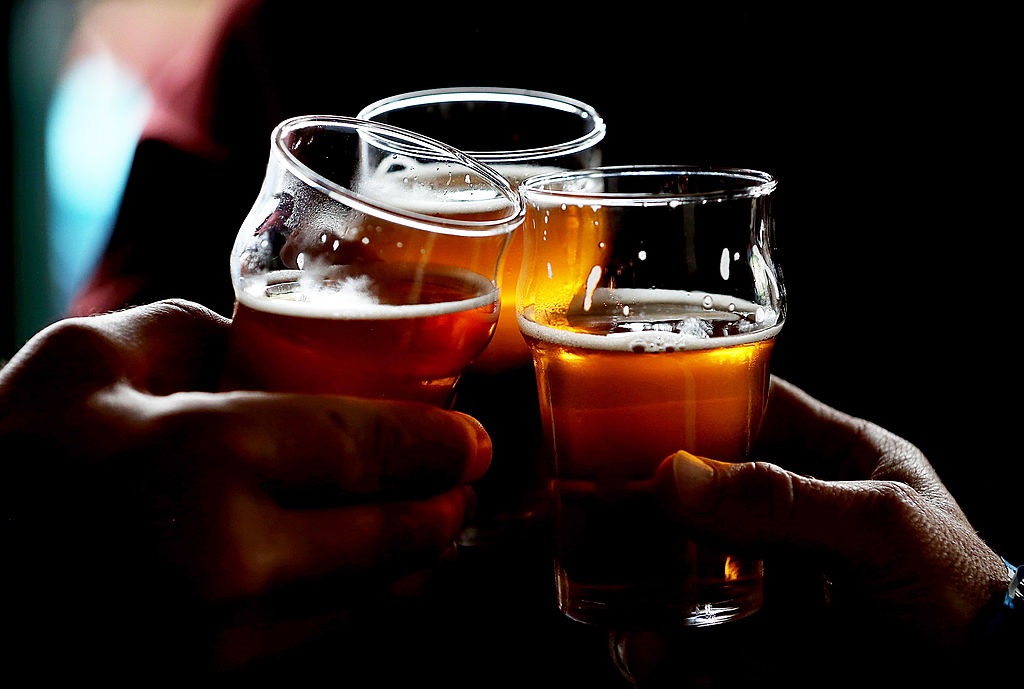
As expected, the ban on the sale of alcohol after midnight in Limpopo has been severely criticised, not only by liquor traders, but also by patrons. The Limpopo government is forcing shebeens to stop selling alcohol after midnight because it is a contributing factor to gender-based violence, child abuse, community instability and other traumas, as well as rape and other sexual crimes.
“It is through this action that the department will see liquor outlets – which our people usually refer to as nightclubs, taverns, shebeens, liquor restaurants – being brought to a standstill by midnight during all operating days,” said Limpopo’s Economic Development, Environment and Tourism MEC Rodgers Monama.
Now the questions are: Is it really the solution to curbing misconduct in our society? Are we not just scratching the surface, rather than dealing with the root cause of the problem? How is stopping selling alcohol at midnight going to force would-be perpetrators to change their ways?
Granted, there is a scourge of gender-based violence in the country, but is it really perpetrated only by those who drink after midnight?
The ban might be a noble idea on paper, but is it really enforceable?
If the Covid-19 hard lockdown showed us anything, it was that in this country, people always find a way around rules and regulations. Even though the sale of alcohol and cigarettes was prohibited, we all knew people who knew where to get them and the illegal trade in them boomed.
READ: Dashiki | Goodbye stylist its not you, its me
South Africans came up with creative ways of acquiring these illicit commodities. And guess what? Some owners of liquor establishments were complicit, as they sneaked alcohol to their customers or served them behind closed doors. They did so not only out of pity for those suffering during the lockdown, but to cash in on astronomical black market prices.
Again, some of those tasked with policing the bans were in on it as well. It was a case of turning a blind eye to corrupt activities because they were also benefiting.
But back to the unhappy drinkers in Limpopo. I hear that wives and girlfriends are on cloud nine, knowing that their men will come home early. No matter how dark the cloud could be, there is always a silver lining to it.




 Publications
Publications
 Partners
Partners









